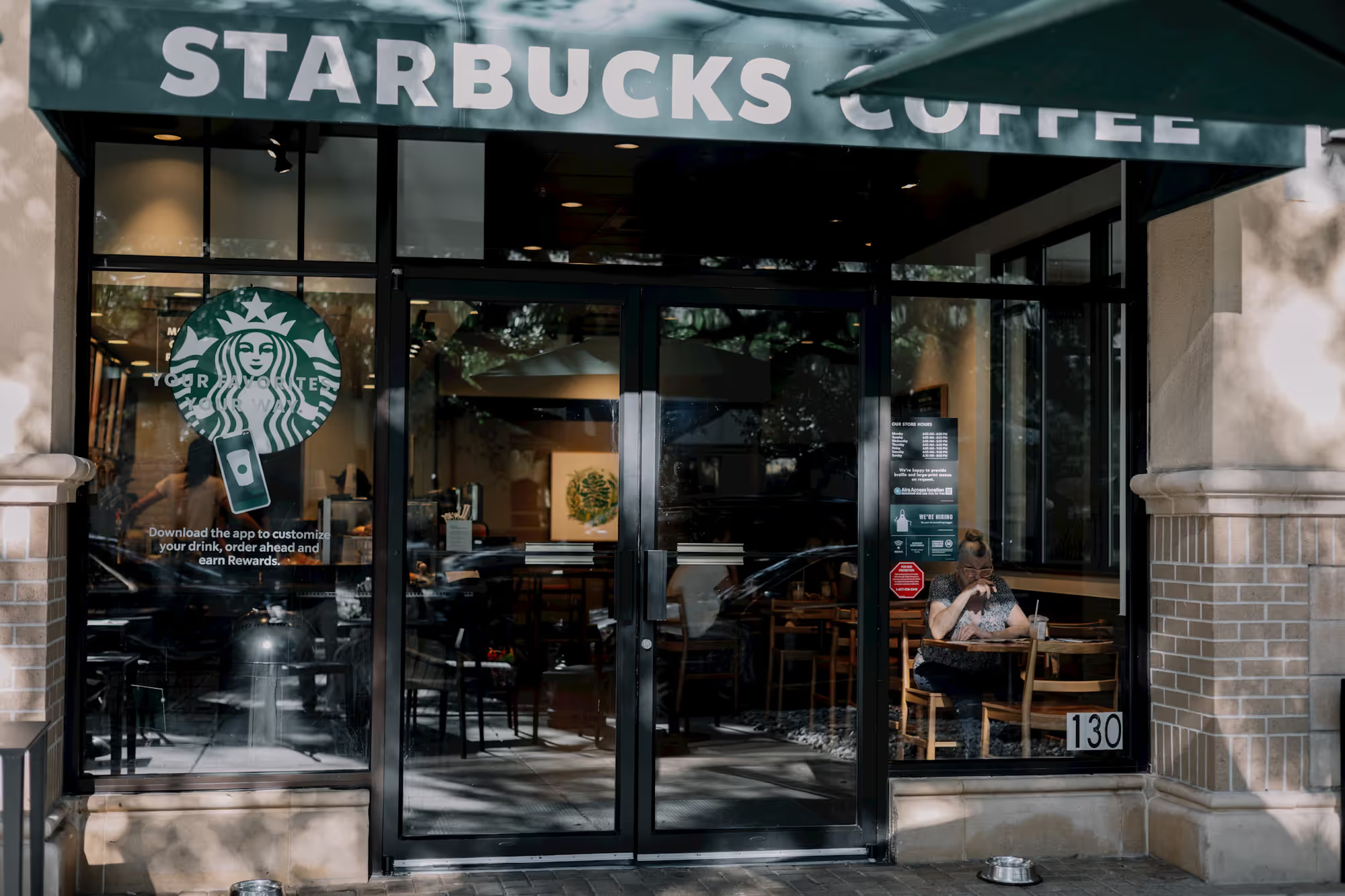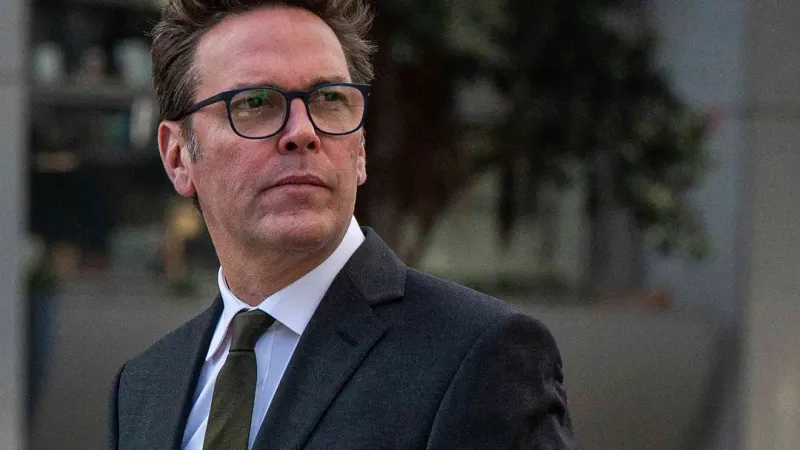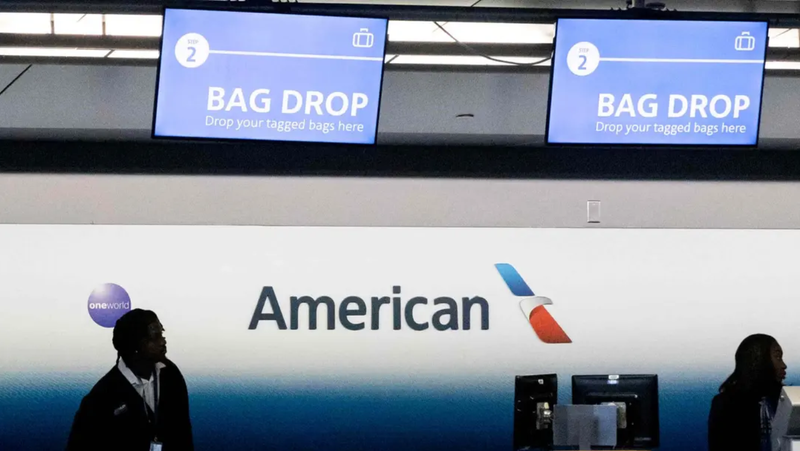Starbucks to End Open-Door Policy
Starbucks said on Monday that it will cease its open-door policy from Jan. 27, meaning customers in North America will have to make a purchase to use its space or facilities, including restrooms.
Facts
- Starbucks said on Monday that it will cease its open-door policy from Jan. 27, meaning customers in North America will have to make a purchase to use its space or facilities, including restrooms.[1][2]
- The existing policy — which allows anyone to hang out in Starbucks cafes — was implemented in 2018 following controversy over the arrest of two Black men at a Philadelphia location, where they were waiting for a business meeting without making a purchase.[3][4]
- The change is accompanied by a new code of conduct that prohibits discrimination, harassment, consumption of externally purchased alcohol, smoking, vaping, drug use, and panhandling.[5][6]
- The code — which comes after the company faced challenges with unruly behavior, leading to the closure of 16 stores in 2022 — warns that violators will be asked to leave and that law enforcement could be called if necessary.[7][8]
- As part of the new changes, Starbucks will train employees to enforce the policy, reintroduce ceramic mugs, and expand its free refill program to all customers who make initial purchases.[9]
- Starbucks spokesperson Jaci Anderson said most retailers already have similar rules, claiming its revised policy is "a practical step" designed to help prioritize paying customers.[10][11]
Sources: [1]Breitbart, [2]The Economic Times, [3]BBC News, [4]The Mirror, [5]The Times of India, [6]FOX 5 New York, [7]Independent, [8]Fox 59, [9]Bloomberg, 10]Investopedia and [11]MINT.
Narratives
- Narrative A, as provided by Breitbart and FOX 5 New York. The new policy will help create a safer, more welcoming environment for paying customers and staff, addressing serious safety concerns that are currently plaguing stores. The change aligns Starbucks with standard retail practices and helps protect the company's business interests while maintaining a positive customer experience.
- Narrative B, as provided by The Mirror and The Guardian. This reversal represents a concerning step backward regarding public accessibility and social inclusion — particularly affecting vulnerable populations who rely on these spaces. The policy change contradicts Starbucks' previous commitment to being an inclusive "third place" between work and home.







